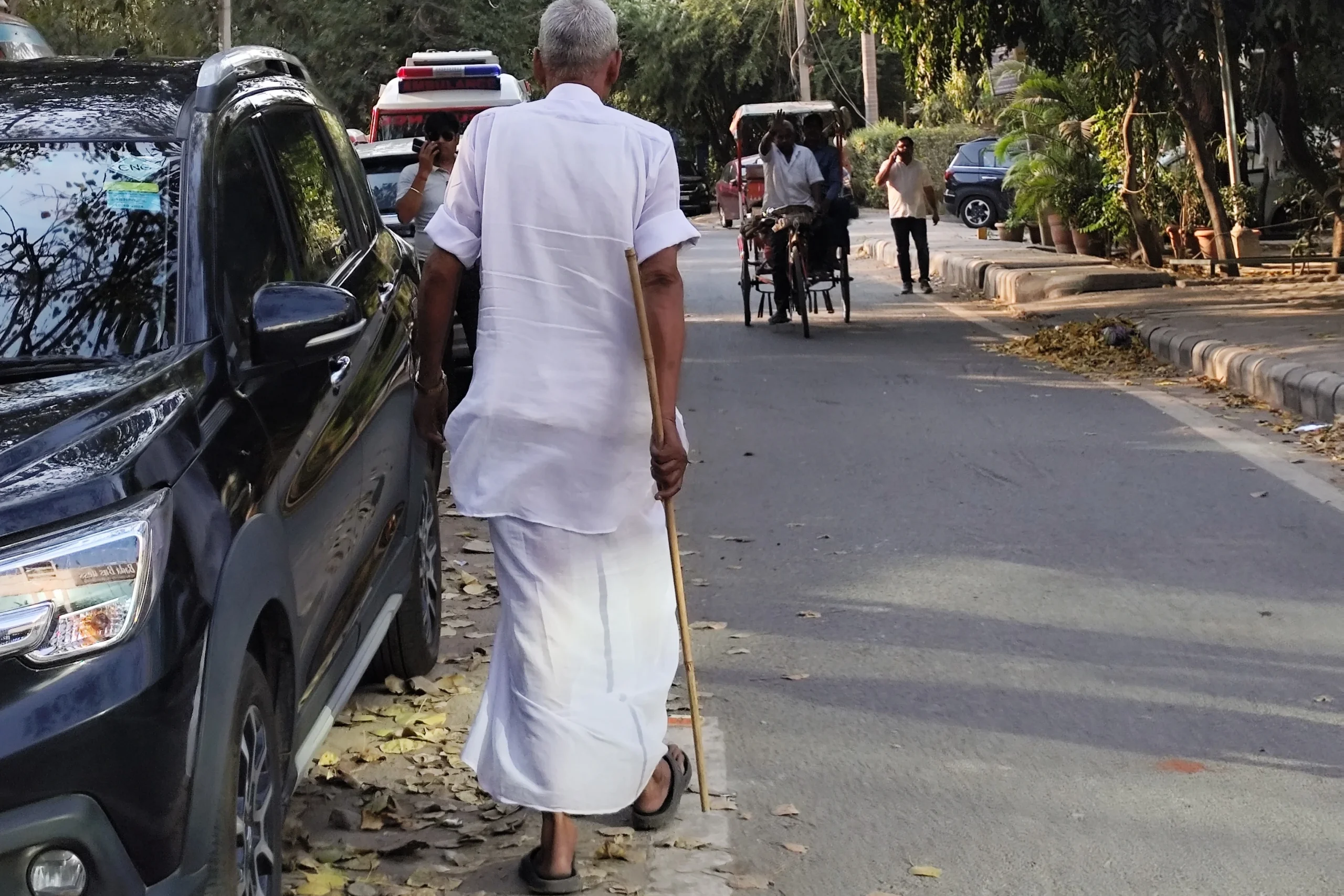
Law vis a vis social norms – Examining the social realities of the POCSO Act
Author: Manasvini Ranganathan, Legal Associate-Research and Policy at Pacta
Implementation of laws in India is a daunting task that involves navigating the prevalent social norms and multicultural contexts. For example, the Protection of Children against Sexual Offences Act, 2012 (POCSO). POCSO is enacted to protect children (the law defines this to be anyone under 18) from sexual predators. This includes most adolescents. The effect of this is that adolescents who are in consensual relationships are being equated to sexual predators under the law.
Parents and guardians of adolescent minors are also filing POCSO complaints against the partners of their children/wards. When the two parties involved are in a consensual relationship and are adolescents who are close in age, a POCSO complaint seems a disproportionate measure to address the concerns of the parents. The prevalent social norms that exacerbate this measure are (1) consensual relationships that do not constitute marriage are taboo, and (2) parents make decisions on behalf of their children in many Indian families including who their children should marry.
The prevalent social norms that exacerbate filing of false POCSO complaints are the society’s disapproval of consensual relationships outside marriage and societal acceptance of parents as decision-makers of various aspects of children’s lives.
While concerns of the parents and guardians are not to be brushed aside, a study by Enfold India has shown that 80 per cent of cases filed under POCSO are false. This undermines the purpose of the Act and the efficacy of the justice delivery system.
The POCSO Act, 2012 also has led to another implementation challenge posed by the multicultural context prevalent in India. While speaking to a person working with tribal communities in Tamil Nadu, I was informed that many tribal youths are booked under the POCSCO Act, 2012. The prevalent social norms in tribal communities vastly differ from those of the general population. Many communities consider puberty to be the acceptable age for consensual relationships and marriage. People who work with tribal communities also face a dilemma on whether they need to report such relationships to the police. This is because, under Section 21 of the POCSO Act, 2012 reporting such incidents is mandatory when one of the parties is a minor. Failing to do so is a punishable offence under the Act.
Solutions to address these problems should therefore negotiate with the diverse and contextual social norms. These include:
(1) A Romeo-Juliet clause in the PoCSO Act, 2012 exempting consensual relationships between persons who are close in age from punishment under POCSO. The Supreme Court is currently hearing a writ petition on this matter.
(2) Advocacy efforts to accommodate the customs of the tribal communities and other minorities while framing legislation. This can be achieved through stakeholder consultations with members of the community so their views are better represented in the laws that govern them.
(3) Protocols in place on what situations should be reported and sensitizing relevant stakeholders such as social workers and health practitioners who are more likely to find out about incidents of sexual acts involving adolescent minors
(4) An age-appropriate and culturally contextualized sex education that enables adolescents to make informed choices and support mechanisms when adolescents seek empathy and counselling.
Centre for Social and Behaviour Change (CSBC), Ashoka University
The Centre for Social and Behaviour Change is a leading Indian institution that drives behavioural change measures for people and communities in need.
Project Concern International (PCI), India
Project Concern International, India has been working since 1998 to co-create and scale sustainable solutions to complex development problems rooted in community realities .












